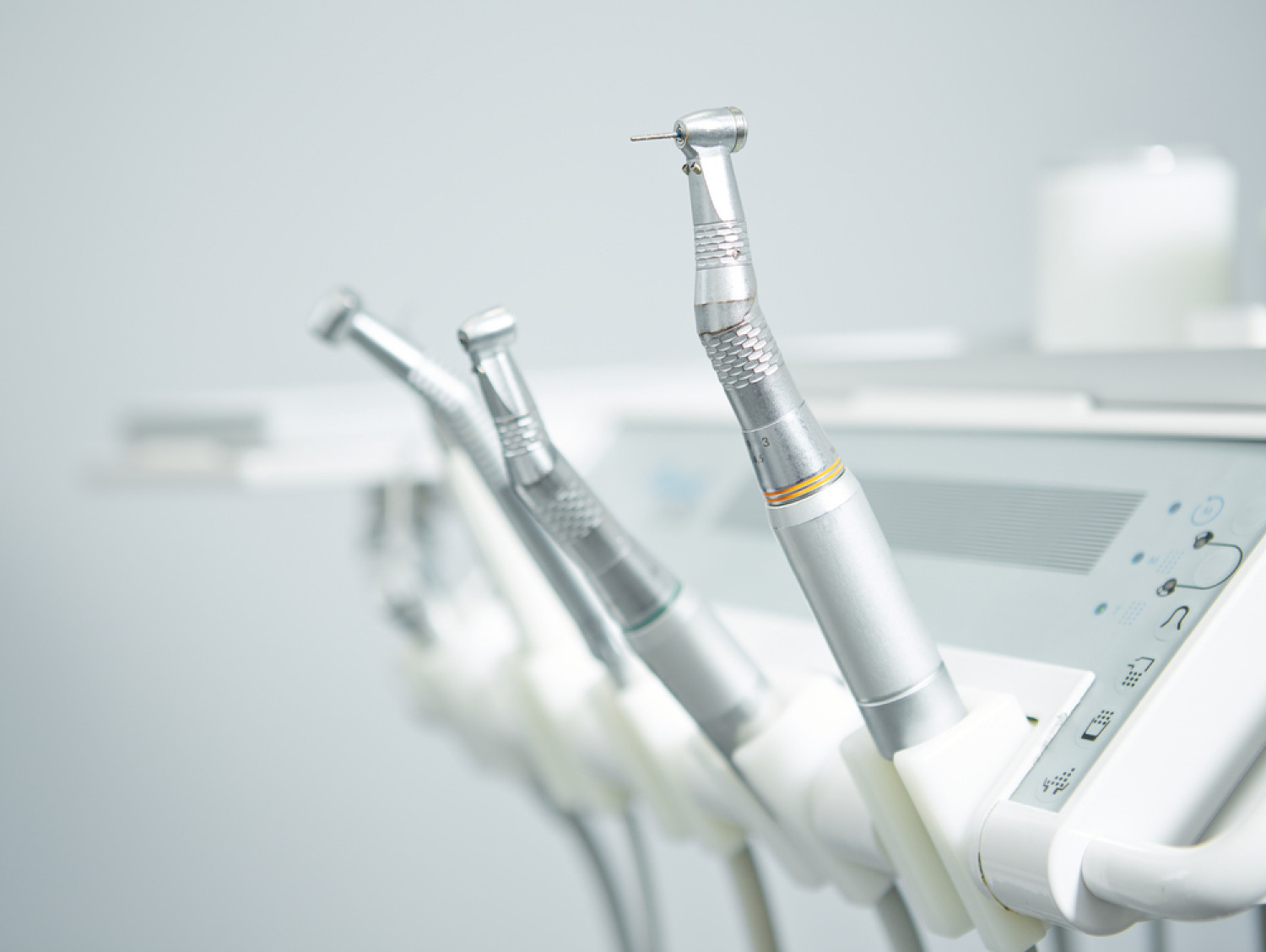

Dental Implants
Dental Implants in Sedalia and Cole Camp
Let’s start from the beginning.
A dental implant (also known as an endosseous implant or fixture) is a surgical component that interfaces with the bone of the jaw or skull to support a dental prosthesis such as a crown, bridge, denture, facial prosthesis or to act as an orthodontic anchor
Dental Implants and Tooth Replacement
In simple terms, a dental implant is actually a replacement for the root or roots of a tooth (tooth replacement). Like tooth roots, dental implants are secured in the jawbone and are not visible once surgically placed. They are used to secure crowns (the parts of teeth seen in the mouth), bridgework or dentures by a variety of means. They are made of titanium, which is lightweight, strong and biocompatible, which means that it is not rejected by the body. Titanium and titanium alloys are the most widely used metals in both dental and other bone implants, such as orthopedic joint replacements. Dental implants have the highest success rate of any implanted surgical device.
Dental implants are typically used to replace severely damaged teeth. For instance, one patient had a crown for over 40 years (typically crowns should be replaced much sooner than that). The root canal the crown was placed in (a peg on the crown was inserted into a canal to hold it in place) fractured and collapsed, and the only way to replace this tooth was with a bridge or a dental implant. Due to the tooth that was effected (#7, front tooth) it was decided that an implant would provide the best solution for this tooth replacement, both from an appearance and a functional standpoint.
Some patients will also choose dental implants over dentures, as they provide a much more stable environment for eating, chewing, etc. Dental implants basically are the same thing as a natural tooth, with a titanium root structure embedded into your underlying bone (just like a natural tooth) and a crown to imitate your natural teeth. Additionally, in severe accidents, where people have multiple teeth damaged, implants can be utilized very effectively.
But let’s get down to it. How is an implant accomplished and what are some of the things you should be aware of.
A Word About Bone Loss
Bone needs stimulation to retain its form and its density. In the case of the bone that surrounds your teeth, the necessary stimulation comes from the teeth themselves. Your normal everyday activity of eating and chewing food provides all the stimulation needed to preserve healthy bone. However, when you lose teeth, the bone no longer is being stimulated, and this leads to “bone loss”. Depending on how severe your bone loss is, you may require a bone graft before the implant can actually be placed into your jawbone.
Grafting bone into the extraction sockets at the time of tooth loss or removal can help preserve bone volume needed for implant placement. Surgical techniques are also available to regenerate (re-grow) bone that has been lost, to provide the necessary bone substance for anchoring implants. In fact, a primary reason to consider dental implants to replace missing teeth is the maintenance of jawbone.
Bone needs stimulation to stay healthy. Because dental implants fuse to the bone, they stabilize it and prevent further bone loss. Resorption is a normal and inevitable process in which bone is lost when it is no longer supporting or connected to teeth. Only dental implants can stop this process and preserve the bone.
Installing the Dental Implant and Crowns for Tooth Replacement
Once the titanium implant is surgically implanted into your jawbone, we provide the next stages of the procedure, including the design and fabrication of the crowns, bridgework or dentures that attach atop the implants and are visible in your mouth. This typically occurs 2-6 months after the titanium implant is placed into your jawbone. The implant needs time to heal and attach itself to the bone, becoming an integral part of your mouth. During this time, you will probably receive some type of “temporary” tooth, to cover the work until it’s fully healed.
After your crown is installed, you have what basically amounts to a tooth as strong and healthy as a natural tooth.
Have questions about Dental Implants or tooth replacement? Give us a call, or schedule an appointment.
In Sedalia: (660) 851-2128
In Cole Camp: (660) 668-3322
